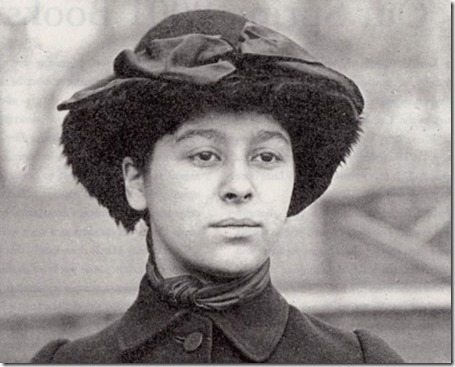It’s Christmas morning, and besides spending time with my little family, I spent Christmas Eve wrapping a little present to myself and to you, reader and listener. It’s a poem by British poet Thomas Hardy, who has supplied several texts for pieces by this Project. “The House of Hospitalities” is wistful, even melancholy, but I think its heart is in memories — which after all, each Christmas gives and becomes. That’s what we seek out, make, and gift wrap: memories of each other, of each other’s gifts and presents.
Hardy writes using some older words and phrases, a few seeking the rhyme here, and the nostalgic sentiment in his poem might remind us that he lived, and lived past, the Victorian age in Great Britain when some of the Christmas traditions that are still part of observances of this day emerged. There’s hearth, food, company, and music in this Christmas memory, but like a good 20th Century Modernist Hardy tells this story in things, not labels. Note the absence of words naming emotions in this old man’s poem. Oh, “tired” appears in Hardy’s second stanza — but I can testify as a fellow old man that tired is not a verb or adjective, it becomes a very noun in later life. His word-music is graceful, but careful readers of Hardy’s text* that I sing here will notice that I modified it a bit to fit the song music I made and sang this with.
Music as a gift: later today I’ll be going out to hear the Midwestern Jazz combo The Bad Plus, a present from my wife.
.
While other members of my little household baked cookies, I worked on composing that music for “The House of Hospitalities.” It’s a simple tune, but Hardy’s words and my sensibilities didn’t ask for more than that. I played it on an electric guitar as I sang — electric oddly, so that I could keep the sound lower and separate from the household’s other holiday tasks, for Hardy’s poem is solitary save for memories. Then late on Christmas Eve I worked on adding the bowed strings Hardy mentions in the viol that is now home to wood-worms, some treated electric piano, and the tiny lead instrument of the piece you can hear: glockenspiel. I finished after midnight’s noon, Christmas having entered in the dark.
This morning I give it to you to unwrap. You can play it with the graphical player below that most will see. Don’t see that? No problem, here’s an alternative highlighted link that will play my performance.
.
*I need to thank the Fourteen Lines blog who introduced me to this poem of Hardy’s this month. Lots of variety in the poems they share there. Here’s a link to their presentation of it with Hardy’s original text.













